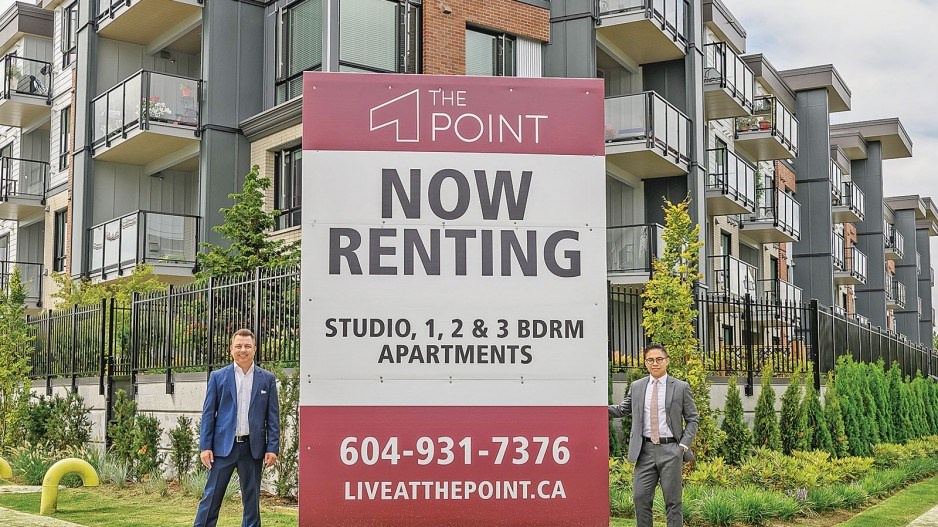Residential real estate investment trusts (REITs) are leading the REIT sector this year and apparently see opportunity in the Metro Vancouver market that has spooked most residential investors and developers.
The strategy of investing in income-producing residential real estate is apparently paying off. A Bloomberg surveyreleased August 15 showed that the average year-to-date return for REITs involved in the residential sector was 18.6 per cent, blowing past projections of 6 per cent year-over-year yields for the entire REIT sector.
One of the big movers was Vancouver-based Pure Multi-Family REIT, which specializes in high-end rental apartment properties in the U.S. Sunbelt. Formed a decade ago, Pure Multi-Family REIT was sold in July for $1.5 billion in an all-cash deal to U.S.-based Cortland Partners, a deal still awaiting regulatory approval. Cortland plans to take Pure private.
The residential REITs to watch now are those stocking up on multi-family rentals in the West.
A major player is Canadian Apartment Properties Real Estate Investment Trust (CAPREIT), which has been rapidly acquiring new purpose-built apartment buildings in Metro Vancouver. CAPREIT owns interests in 53,334 residential units, composed of 45,637 apartments and 45 manufactured-home communities comprising 7,697 land lease sites located in and near major urban centres across Canada. CAPREIT is currently trading at $51.81 per share, up 16.9 per cent so far this year.
In April, CAPREIT paid $69.6 million to buy a 191-unit apartment building in Langley, and in the past three months it bought the Point, a new 98-suite rental building in Langley for $39 million and paid a similar amount for another new rental project, the Meridian, across the street.
Lance Coulson, executive vice president of CBRE’s national apartment investment properties group team in Vancouver, whose team brokered both deals, said CAPREIT has been a major player in Vancouver since he sold it a 19-building portfolio of rental properties totalling 919 units three years ago for $170 million, one of the biggest multi-family deals in Metro Vancouver history.
Coulson said CAPREIT approached him about buying the Point when the rental building was still half-built.
Big institutional players like CAPREIT are not spooked by per-door prices in Metro Vancouver that can top $400,000 for new rental projects, or by Canada’s skinniest capitalization rates that are often below 3 per cent, he said.
“The capex [capital expenditures] is low or zero on a new building,” Coulson explained, adding that, in comparison with Lower Mainland condo apartments that have a benchmark price of $649,000, rental apartments are seen as inexpensive.
As well, he noted, new rental buildings can generate monthly rents of from $2.15 to $2.25 per square foot.
There are two other big advantages right now for long-horizon institutional buyers in Metro Vancouver: smaller rental investors are running scared and lending rates are falling to very low levels.
Sales of existing Metro apartment properties have nearly ground to a halt since last fall, Coulson said.
“Sellers are taking property off the market,” he said, despite the region having the highest rents and lowest vacancies in the country.
Coulson and other multi-family agents say a series of perceived anti-landlord policies, from the provincial government and local municipalities, is largely to blame for the sales slump.
But, Coulson noted, apartment deals can be financed today with Canada Mortgage and Housing Corp.-insured mortgage rates of two per cent for five-year terms and 2.3 per cent for 10-year terms, the lowest rates available in the commercial or residential sector. Such low rates ease the pain of low cap rates, he explained.
“We will continue to see strong demand for quality multi-family assets,” he said.




